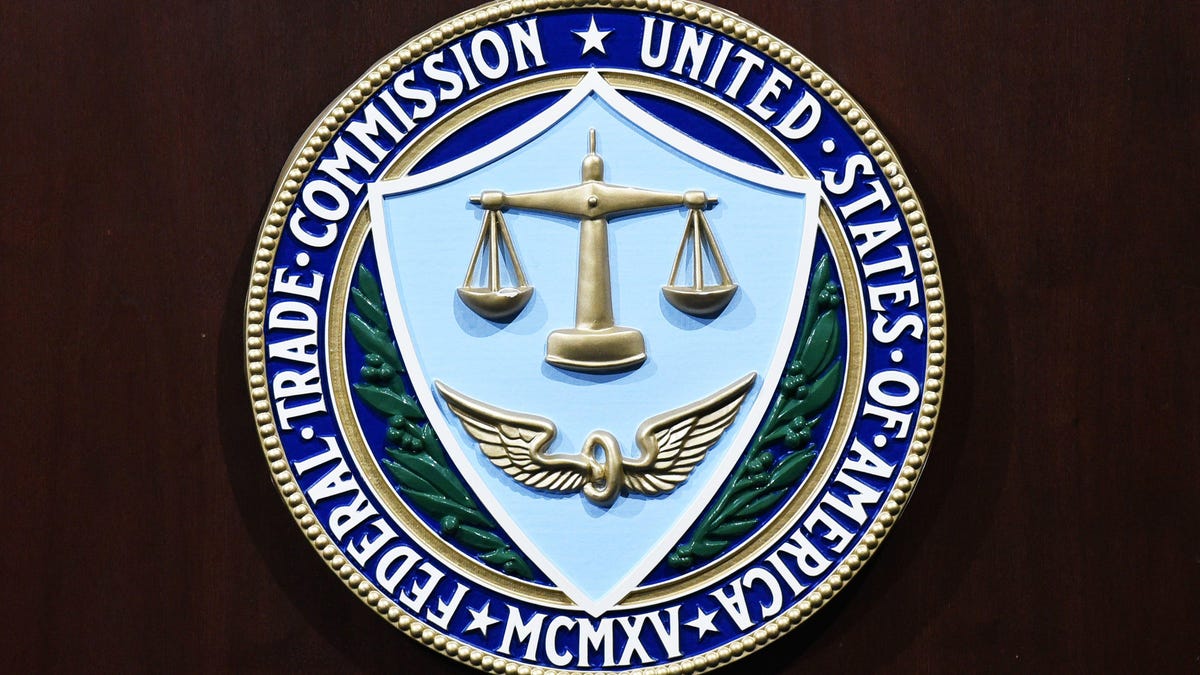FTC Takes Aim at Companies Deceiving and Exploiting Gig Workers
A brief from the Federal Trade Commission lays out new enforcement priorities to protect gig workers from abuse.

For years gig workers have been shuttling passengers, delivering dinners and shopping for goods, often putting their own safety at risk without getting the benefits full-time employees enjoy. Now the US Federal Trade Commission has clarified its policies for any companies in the gig economy that deceive and exploit their workers.
"Protecting these workers from unfair, deceptive and anticompetitive practices is a priority, and the Federal Trade Commission will use its full authority to do so," the agency said in a blog post Thursday.
In a 17-page policy statement the FTC explicitly outlined bad company actions and policies, such as how restrictive and nonnegotiable contracts may harm workers by stifling free speech or keeping them from seeking new work while employed, which could violate Section 5 of the FTC Act. The commission also put the gig industry on notice that it will investigate any sign of backdoor agreements between companies to fix wages or other forms of anticompetitive action. And it warned against making "misleading claims about the costs and benefits of gig work."
Companies employing gig workers at a massive scale, such as Uber and Lyft, have proposed statewide initiatives and bankrolled campaigns to prevent their contract workers from becoming full employees with benefits. That includes 2020's Proposition 22 in California, which voters approved. Despite a judge ruling the proposition unconstitutional, it remains in effect as appeals run their course.
The companies argue that the gig model gives people job flexibility and freedom they wouldn't have otherwise. Critics counter that workers are being taken advantage of and that the motive is financial: Lyft and Uber, for instance, stand to lose hundreds of millions of dollars a year if worker status changes. The gig economy is expected to generate $455 billion in annual sales next year.
Read more: 'A Totally Different Ballgame': Inside Uber and Lyft's Fight Over Gig Worker Status
Uber didn't immediately respond to a request for comment, and Lyft declined to comment, directing CNET to the Flex Association, which includes companies like Lyft, Uber, Grubhub, Doordash and Instacart that contract large numbers of gig workers.
"What's missing from the FTC's policy statement is the perspective of those very workers the agency seeks to protect," Flex Association CEO Kristin Sharp said in a statement. "We welcome an open dialogue with the FTC so we can share more insights into the ways our members support app-based earners and their communities."
Read more: Best Tax Software for Self-Employed in 2022: File Late Taxes Now, or Estimate Quarterly Taxes

